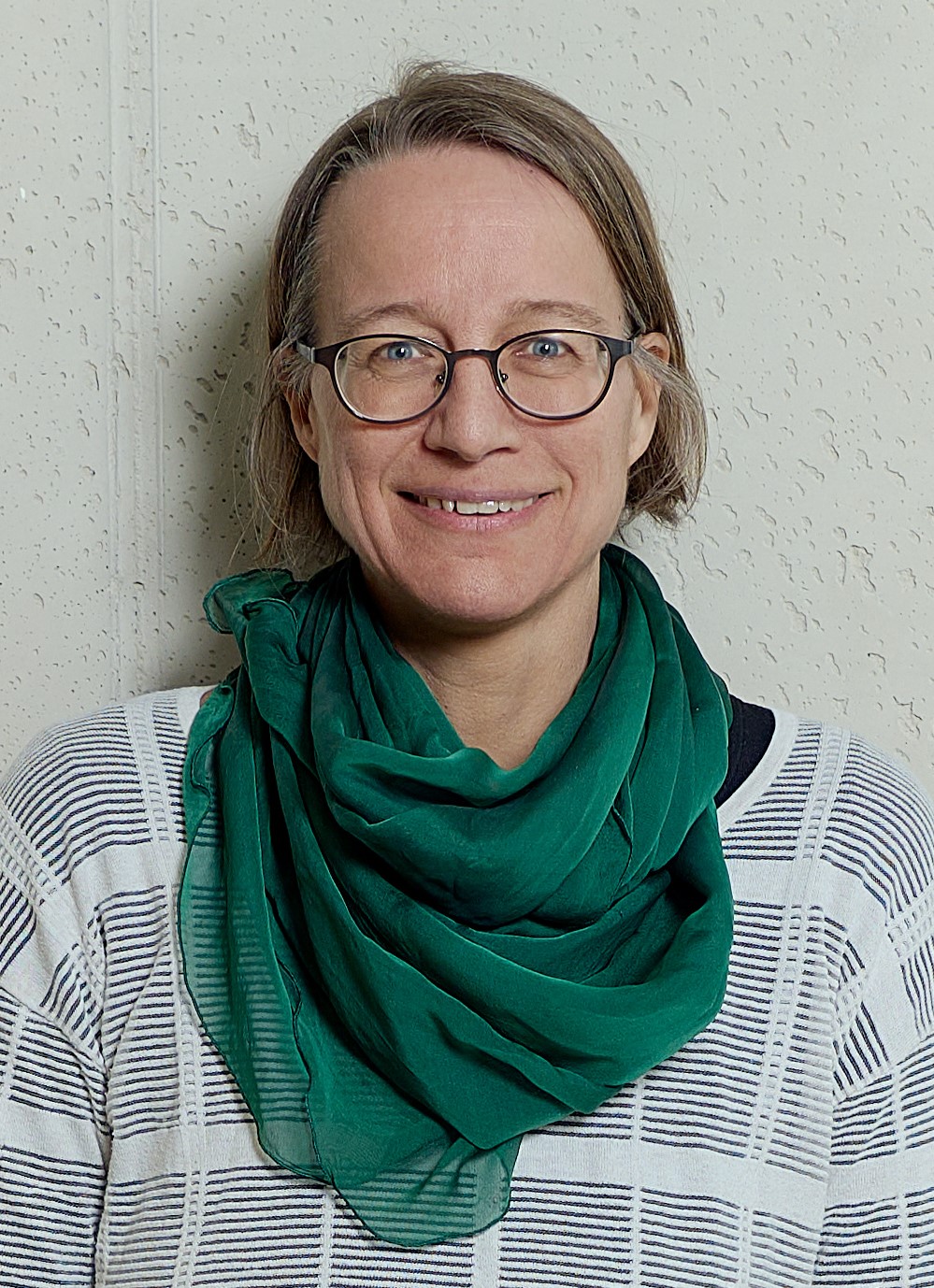Forschungsfelder
Umweltverhalten und Transformationsprozesse
Zielverfolgung und Selbstregulation
Beziehung- und Geschlechterforschung
Drittmittelprojekte
Forschung Hautnah
Leitung

Univ.-Prof. Dipl.-Psych. Dr.phil. Katja Corcoran
Telefon:+43 316 380 - 8520
Öffnungszeiten:Dienstag, 13-14:30
Web: https://online.uni-graz.at/kfu_online/pl/ui/$ctx/wbforschungsportal.cbshowportal?pPersonNr=96344
Sekreteriat
Mag. Dipl.-Ing. Dagmar Schmelzer
Telefon:+43 316 380 - 8549
Öffnungszeiten:Sozialpsychologie & AO: Mo,Mi,Do: 10:00-12:00, Di 14:00-16:00